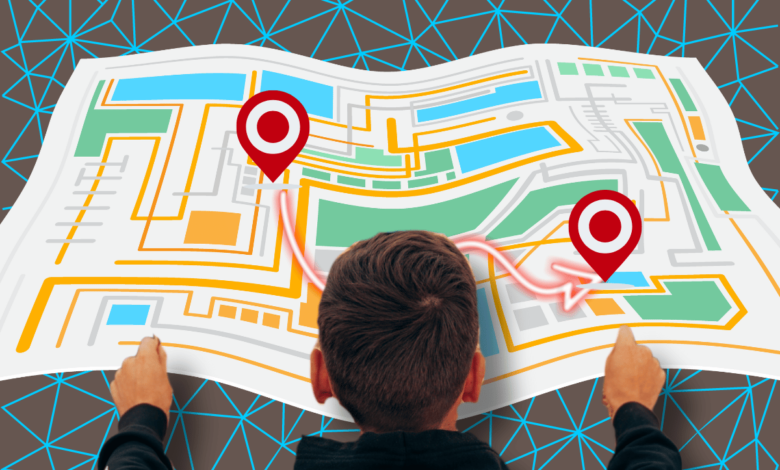Google Maps may expand generative AI feature to everyone

Google Maps may extend its generative AI feature to everyone, according to several reports. The feature was unveiled at the beginning of February, however, early access was given to only select Local Guides.
An APK teardown seen by Android Authority has spotted a string of code in the latest Google Maps beta, with mentions of the generative AI experiment heading to Labs. These codes can help predict features that may arrive on a service in the future based on work-in-progress code, but it’s worth noting that they may not always make it to public release.
Labs offers a platform for anyone to sign up and test Google’s newest AI tools and experiments. This expansion implies that the feature will no longer be restricted solely to Local Guides.
Google announced several new updates to its Maps and Search functions, aimed at assisting users with their travel plans. It will feature curated recommendation lists from top sources including Lonely Planet, The New York Times, The Infatuation, and OpenTable. At the same time, Google Maps on Android and iOS is introducing enhanced customization features for creating personal lists.
Users will also be able to rearrange the order of places within these lists and link to relevant posts on their social media channels.
Google provided an example of searching for vintage locations in San Francisco. The Map then analyzed and displayed the results, including reviews, information from nearby businesses, ratings, and more.
There’s no indication of when the feature will be available in Labs.
How AI will work with Google Maps
Google states that its large language models (LLMs) will analyze Maps’ detailed information about more than 250 million places and trusted insights from their community of over 300 million contributors to quickly make suggestions for where to go.
This feature began in the U.S. with select Local Guides being given access. They are described as “some of the most active and passionate members of the Maps community.
“Their insights and valuable feedback will help us shape this feature so we can eventually bring it to everyone over time,” they added.
Featured image: Canva



